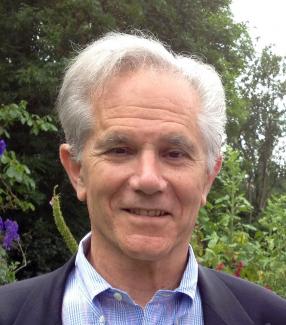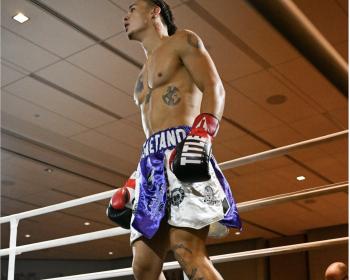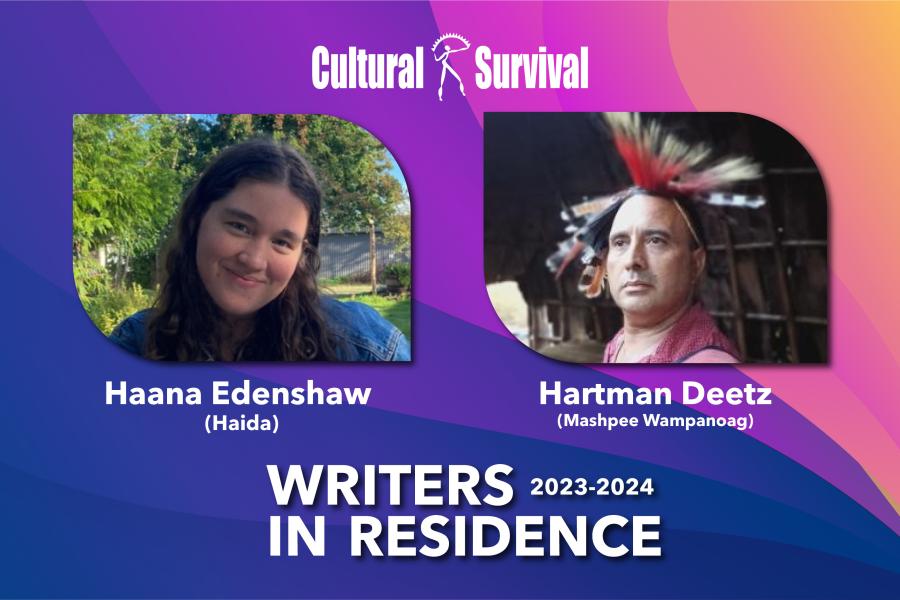
Our series spotlighting the work of our Board members continues with Stephen P. Marks, the François-Xavier Bagnoud Professor of Health and Human Rights at the Harvard School of Public Health. Marks is the director of the Program on Human Rights in Development at Harvard University, and is affiliated with the Committee on Ethnicity, Migration, Rights; the Harvard Humanitarian Initiative; and the Weatherhead Center for International Affairs, among others. He spent 12 years in the service of the United Nations working for UNESCO in Paris and in peacekeeping operations in Cambodia and the Western Sahara. Marks holds degrees from Stanford University and the Universities of Paris, Strasbourg, Besançon, Nice, and the University of Damascus. Marks has also taught at Columbia University, Princeton University, Cardozo School of Law, Rutgers University School of Law, Phnom Penh University School of Law, City University of Hong Kong School of Law, University of Hong Kong Law School, and the New School for Social Research.
Indigenous rights have long been a priority of Stephen Marks’ international work for the United Nations and his academic research, which focuses on the interface of public health and human rights and draws on the fields of international law, politics, organizations, and economics to address a range of international issues such as sustainable development, human rights, and peace and conflict. Even with his pedigree, Marks says his membership on the Board of Cultural Survival has provided him with “an exceptional opportunity to try to learn from Indigenous Peoples and apply that knowledge as an Indigenous rights advocate.”
Marks is currently co-writing an article on access to healthcare and medicine for Indigenous Peoples. The study, to be published in January, attempts to underscore the value of traditional knowledge and medicine as a positive contribution to Indigenous Peoples’ health that needs protection. According to Marks, the root of the problem is that Indigenous Peoples are denied adequate healthcare and have a higher burden of disease than other populations and that Indigenous medicine is devalued by the Western world. He cautions that “unless this situation changes, Indigenous people will continue to suffer from the higher levels of morbidity and mortality across the world.”
Deprivation of the human rights of Indigenous Peoples undeniably affects their access to public health and medicines. Indigenous Peoples are often prevented from practicing traditional medicine, and their traditional knowledge is exploited for profit through bio-piracy. “There are various ways in which traditional medicine is not adequately part of the access to health of Indigenous Peoples,” Marks explains. “They lack access to even Western medicine in very basic ways, and it is not just a service-delivery problem: it’s a deeper cultural problem. When Indigenous Peoples are confined to reservations or similar settings, the health system available to them often contributes to psychological alienation from Indigenous ways and leads to substance abuse, criminality, domestic violence, low educational achievement, and other social ills. All these complex issues contribute to the large Indigenous health gap and high burden of disease, which are exacerbated by poorly organized and culturally inappropriate healthcare.”
Sustainable human development is central to Marks’ work, and has evolved to take greater account of climate change. Prospects for shifting to renewable energy and reducing dependence on fossil fuels have led to new strategic approaches to making development sustainable so that current and future generations can benefit from adaptation and mitigation. According to Marks, “One of the most fundamental insights that has come from knowledge of Indigenous cultures is the awareness of the essential responsibility of all human beings for the planet and for future generations. Indigenous Peoples think in terms of thousands of years rather than budgetary or election cycles. And even the most progressive environmentalists have something to learn from this way of thinking; the concept of sustainability is cosmologically more profound among Indigenous Peoples [because of] their understanding of the place of human beings in the biosphere and in the cosmos. One of the reasons that I believe Cultural Survival and other organizations supporting Indigenous Peoples are so important is that they give voice to those who are existentially aware of the threats to the very survival of our planet. The non-Indigenous world is not likely to live under the conditions of tribal communities, but reducing our carbon footprint is vital for the survival of the planet and our species. Indigenous people are way ahead in understanding this imperative.”
In terms of human rights, Marks says that Indigenous Peoples are often victims of violations of their right to development as set out in the 1986 Declaration on the Right to Development, and their rights to their lands, territories, and resources, as set out in the 2007 Declaration on the Rights of Indigenous Peoples; he says that the right to development “has been a misunderstood and politically distorted concept. It calls for greater justice in the areas of aid, trade, intellectual property rights, international investments, and other domains where there are structural disadvantages affecting poorer countries that prevent them from breaking the cycle of poverty. Globally speaking, the international economic order is skewed in ways that benefit economically powerful countries. Within countries, the system is skewed in ways that create disadvantages for Indigenous people, thus making them doubly disadvantaged by the functioning of the global economy.”
Marks is currently on a yearlong sabbatical in India where he is pursuing his research at the Jindal Global University. He believes there is much to learn from India and similarly developing countries about maintaining traditional cultural rights during rapid development. He notes the complex issues facing the Indian government, for whom India’s more than 400 ethnic groups, including some 84 million Adivasis, are called “Scheduled Tribes” rather than Indigenous Peoples, and recognizes that India’s approach to the protection of Indigenous Peoples’ rights must be understood in a post-colonial political framework: “The concept of Indigenous Peoples as understood in the Declaration on the Rights of Indigenous Peoples is not usually applied to these ‘scheduled tribes,’ although India did vote in favor of the Declaration. In spite of some welcome legislation covering protection of land rights and promotion of employment of tribal peoples, however, persistent reports point to inadequate implementation and a variety of forms of repression and exclusion.” Clearly, he says, “much remains to be done to protect and empower the Indigenous Peoples of India.”
Marks seeks to incorporate the Indigenous struggle into the broader human rights framework. “For Indigenous Peoples, their human potential is constrained by the very fact of their attempting to survive under the context of a dominant population, even a dominant population that is well-intentioned. We need to find creative ways to allow the full flourishing of Indigenous Peoples, which is the ultimate objective of all human rights struggles.” Since joining Cultural Survival’s Board, Marks has increasingly felt that supporting action by Indigenous Peoples to protect their rights is imperative; he hopes to enhance the awareness and impact of the struggle for these rights through advocacy by taking an active role on the Board. Due to his vast research in the field of human rights, he says “the place where my background allows me to be helpful relates to the functioning of the international system, and we’ve been doing that recently with the Universal Periodic Review. I think that, for my own role, we can work to expand the ways in which Cultural Survival and other Indigenous organizations can have an impact on the functioning of the international system. But Cultural Survival does much more than advocate for action by the international system; it works in numerous other ways, such as radio programs and the publication of the Quarterly. I’m hoping to become more active in these other areas as well.”



